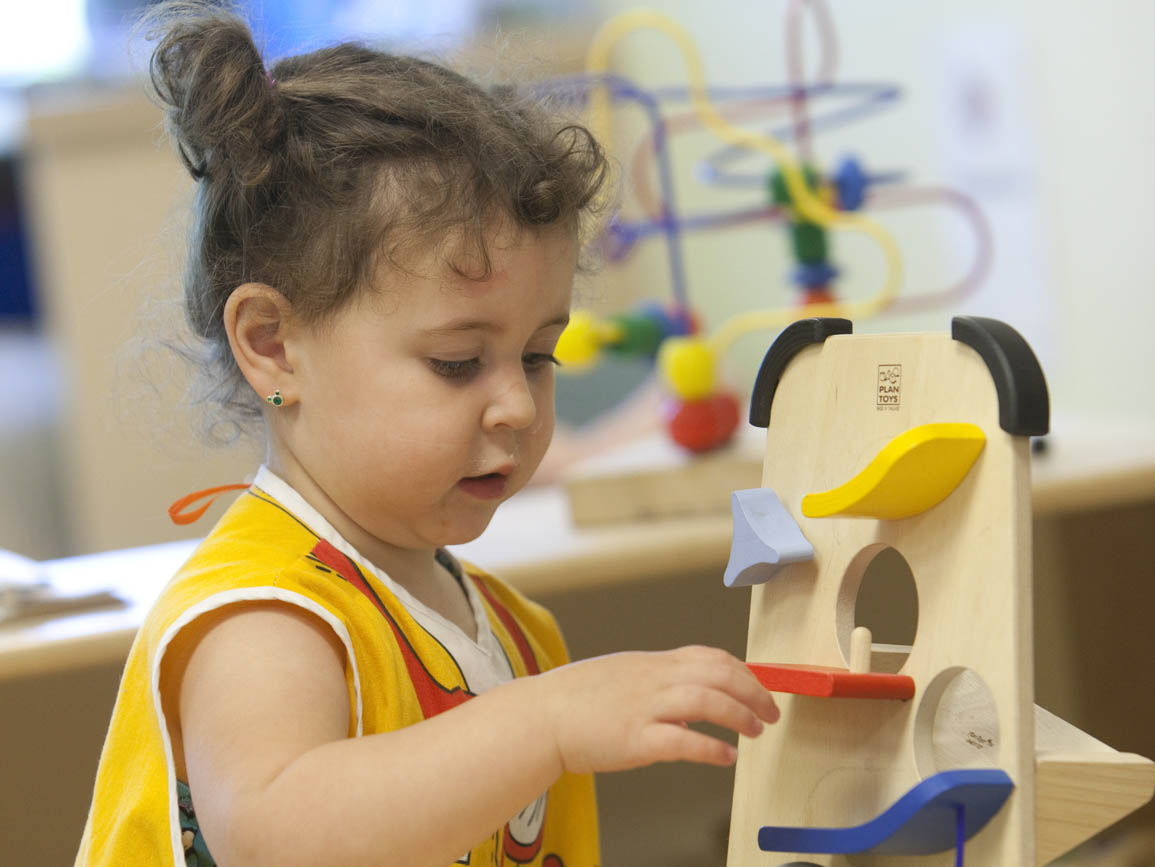What happens when earning a living looks incompatible with having children?
Answer: people stop having children.
Amazingly, that’s already playing out around the world as nation after nation reports plummeting birth rates. Japan’s population is down by half a million, with birthrates not seen since the 19th century. The New York Times in part blamed child care shortages. They also called it an economic crisis in the making.
And a baby bust is just one reason we should all be concerned about the challenges of working and parenting. There’s a whole lot riding on helping people see working and parenting as a possibility.
Such as?
Enough employees: The same challenges that tank birthrates have a second undesirable side effect – namely driving women from the workplace (just read the number of comments on this article that start with, “I used to be a doctor”). That could spell additional economic hardships since women, for only the second time in history, now make up more than half of the workforce. And it’s no fluke “I feel very strongly,” one economist told NPR, “that a year from now, their share will continue to be over 50%.”
Enough doctors: Speaking of doctors…the New York Times reports that nearly 40% of female surgical residents consider dropping out when they get pregnant. The cause? A system that’s incompatible with motherhood. It’s a steep cost for an industry expected to come up more than 100,000 doctors short in the next decade.
Enough retirement savings: Women who opt out to raise children don’t just sacrifice five years of pay; they lose equal amounts of networking, promotions, and raises – a tally that adds up to $650,000 in lost wages, says Time. And that doesn’t even touch on a half-decade of lost 401ks. The prospects for future retirees are troubling for individuals as well as the economy.
There’s a fifth reason to make raising children and parenting possible -- men. Employers may have long assumed men would prioritize careers before families. But the newest generations of working dads are different. Our Modern Family Index shows men are just as likely as women to say they’ve left a job for less pay and more family friendliness.
That should worry employers. Because it’s a sign that in the future, family unfriendly workplaces will be risking more than working mothers…but everything about work and life.





